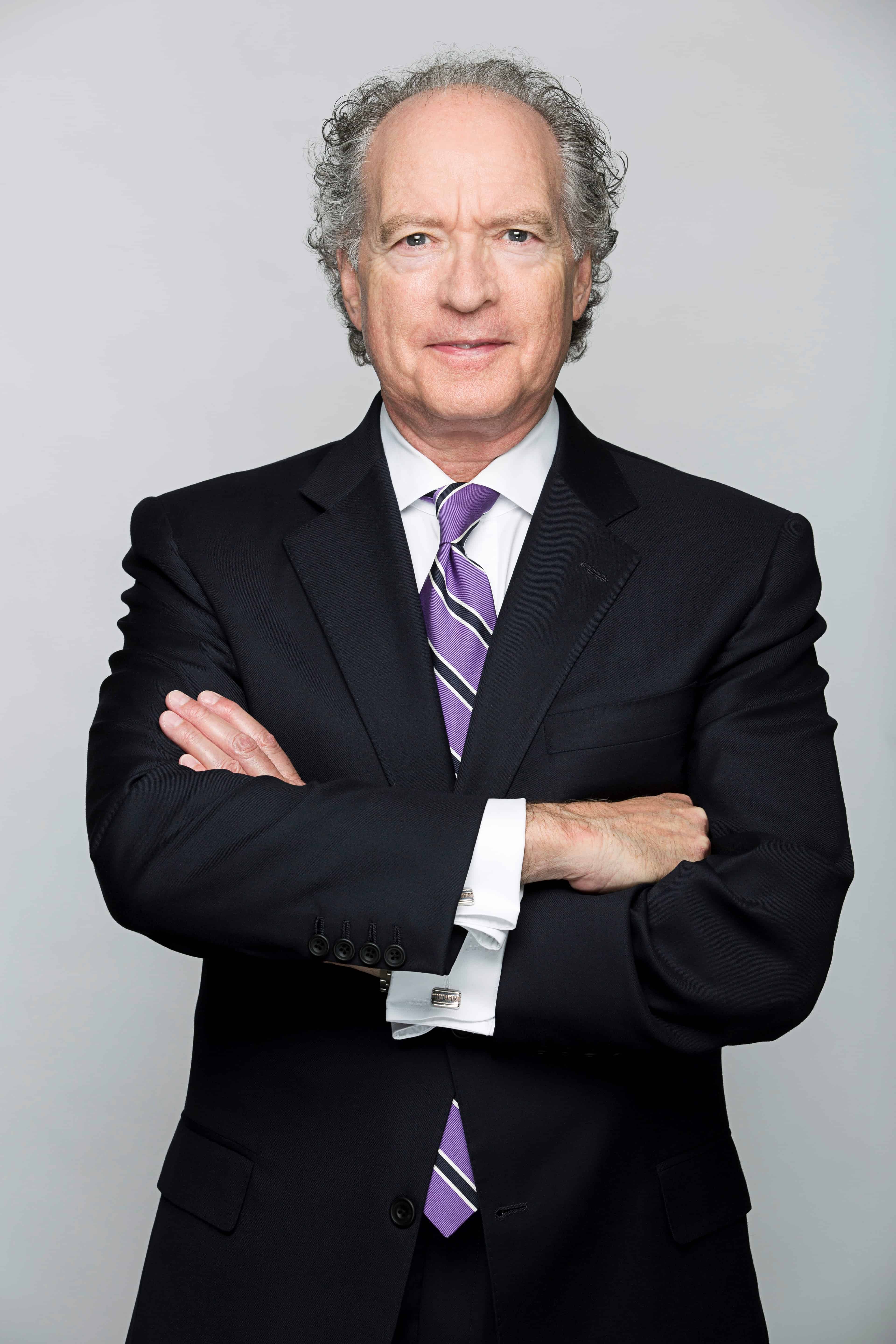By Mark F. Seltzer, Esq.
While the majority of disability insurance cases our firm handles are for physicians and medical professionals that are disabled as a result of addiction, there seems to be a trend of an increasing number of doctors that are suffering from the effects of “burnout” and/or have become dissatisfied professionally. In fact, this is a very hot topic among the various members of the Federation of State Physician Health Programs.
Today’s practice of medicine is totally different and has substantially changed when compared to that of even 10 or 20 years ago. Many physicians explain and complain that they are now working much harder to make the same or less money than they were years ago. They have been literally practicing under a “microscope” and in a “glass house.” They have become the perpetual target by less than optimal treatment results. They have become a victim in business buyouts, mergers and acquisitions. They are often required to see greater amounts of patients in less time. Charting and record keeping has drastically changed. It has become more difficult to develop the traditional physician-patient relationships and to instill trust and confidence in patients relative to a physician’s treatment and care. All of these factors have caused what appears to be a significant increase in not only a physician’s overall professional dissatisfaction, but also in physician burnout and related medical conditions. The traditionally honored profession of medicine is no longer so honored.
The assessment, treatment and monitoring of “impaired” physicians is a complex endeavor that is often made even more complicated by competing legal demands. Although many physicians carry disability insurance that is designed to cover them in the event they cannot practice their specialty, changes in the insurance marketplace have made it increasingly difficult to “prove” disability. At the same time, medical licensing boards are placing requirements that are more stringent on impaired physicians looking to preserve or restore their license to practice, with PHPs caught in the middle of protecting the public, protecting a participant’s license, and assisting impaired physicians in monitoring appropriate treatment.
Physicians who are suffering from burnout, mental illness and/or addiction can use their disability insurance as a tool in their own treatment and to help restore their health. Certainly, professional dissatisfaction, in and of itself, is not a disabling medical condition. Nor will “burnout” on its face be accepted by a disability insurance company as compensable. Rather, the underlying medical symptoms and conditions that are driven by “burnout” must be documented and established. When suffering from burnout, physicians may experience a myriad of health problems, cognitive difficulties, insomnia, depression, anxiety, substance use disorders, fatigue, difficulty with personal relationships, and disruptive and performance-related issues at work.
These conditions, when suffered by a physician, become even more magnified at work because they will not only affect themselves and their colleagues, but most importantly they may impact their patients. It is often important and necessary for physicians to step away from work and focus on taking care of themselves when suffering from burnout and stress. Disability insurance, for physicians, often provides total disability coverage for the inability to perform the material and substantial duties of one’s own specialty and residual/partial disability coverage when one must reduce their duties or the amount of time working.
Receipt of total disability will allow a physician to focus on restoring their health and/or recovery without the distractions of the financial issues that often plague one’s inability to work. When a physician is well enough to return to work in their specialty, policies most often provide residual/partial disability benefits which allow a gradual or restricted return to work, where there is a loss of income. Also, residual benefits can be received at the onset of a physician’s partial disability if that reduction of work activity is medically needed. To that extent, a physician can receive partial benefits while continuing to work on a restricted part-time basis in their specialty while simultaneously recovering medically and increasing their level of professional functioning. In addition, a physician can continue to receive total disability benefits if their disabling medical condition continues to restrict or limit their ability to perform the material and substantial duties of their specialty while being retrained and thereafter performing their duties in a new specialty going forward.
Physicians must be familiar with their policies, whether they be group policies through their employment or individual policies which they have purchased themselves. Many do not understand what their disability insurance policies obligate them to satisfy contractually in order to obtain the benefits necessary to restore their health. Once physicians become ill, it is important to understand how they can use their disability insurance to focus on treatment and recovery to improve their health, restore their wellness, and return to work, whether that be on a full or part-time basis, or even in another specialty.
The law firm of Seltzer & Associates is national boutique practice representing physicians, health care practitioners, and professionals in all aspects of disability insurance claims and cases. The firm is located at 1515 Market Street, Suite 1100, Philadelphia, Pennsylvania, 19102. Mr. Seltzer can be reached at 2l 5- 735-4222 or 888-699-4222. Please access our website at www.seltzerlegal.com



 Janine Anthes
Janine Anthes